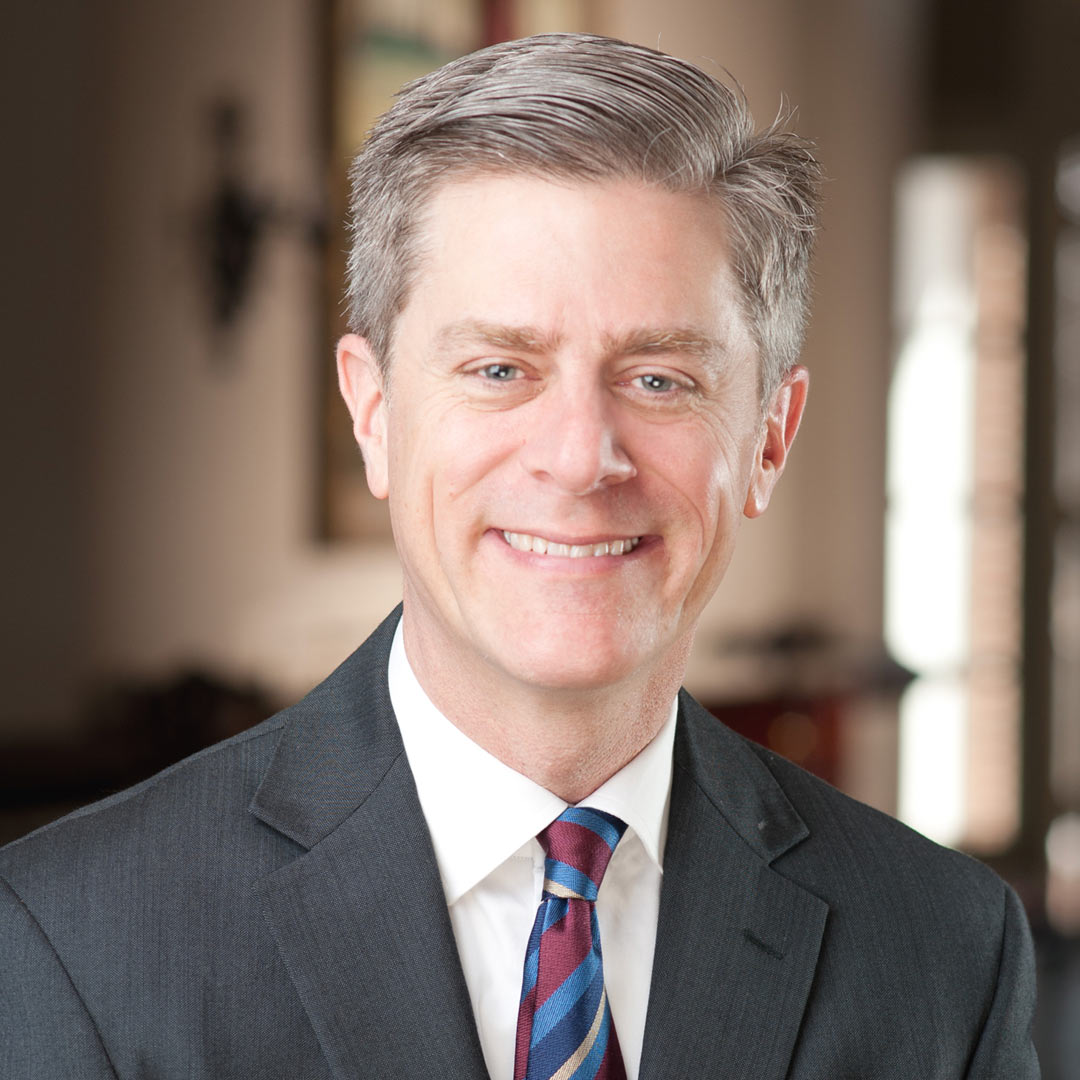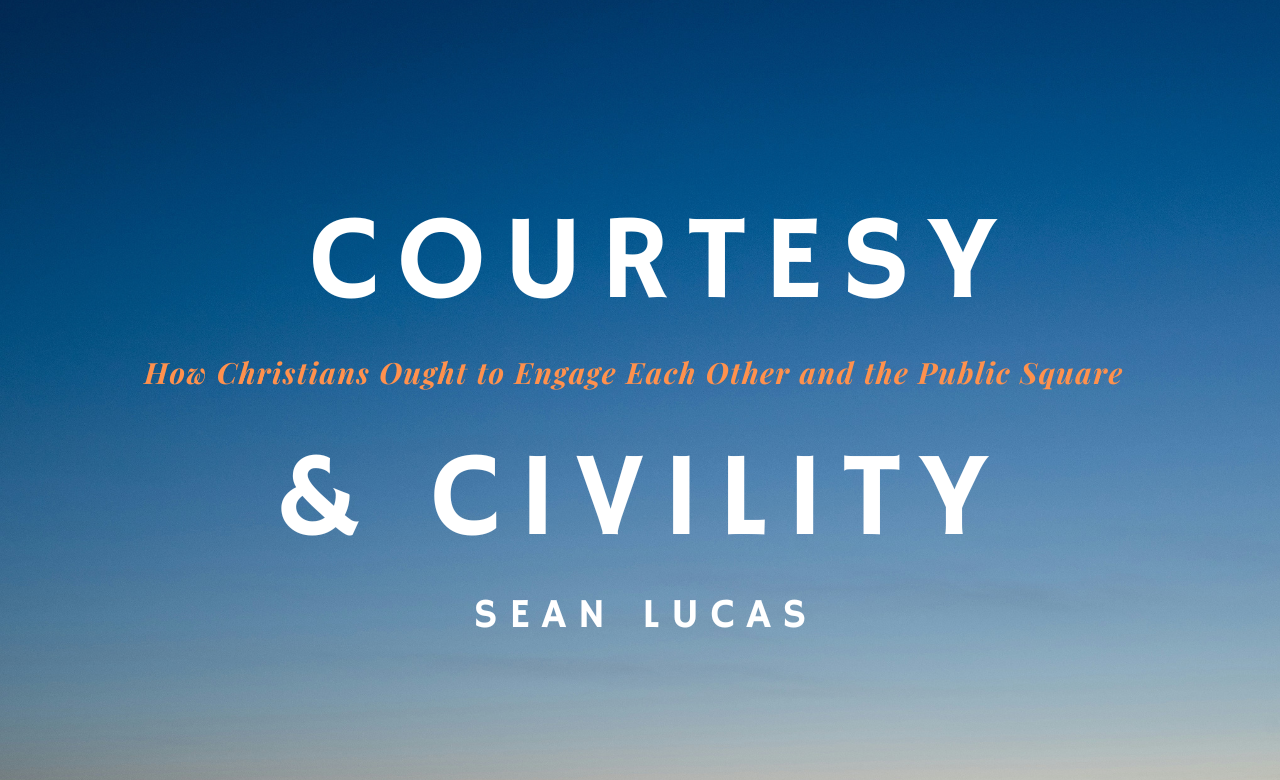As many now know, on May 14, 2024, the PCA Administrative Committee decided to cancel the Assembly-wide Seminar on supporting pastors and churches in this upcoming political season. Though there were several leaders who were to be part of the panel, most of the reaction was directed toward the choice of David French, contributing editor for The Dispatch and columnist for the New York Times. And when the Administrative Committee canceled the panel, the stated reason was the negative reaction toward French’s inclusion.
There have already been several thoughtful responses to this entire matter. (See responses from Jake Meador and David Cassidy.) I wanted to come at it from a different angle. To me, the way this affair has played out is a microcosm of our present public square, and the resultant failure of Jesus-followers to live differently than the world around us.
Our Present Public Square
It would be no surprise to anyone if I characterize our present public square as filled with anger and rage. As a historian by trade, I’m quick to note that this isn’t that much different than past generations. For example, the presidential election of 1800, pitting the incumbent John Adams against his rival Thomas Jefferson was a notable low point of anger, rage, muckraking, scandal, and divisiveness. So, in and of itself, none of this is new in the American public square.
However, there are some new circumstances at work that have created a profound hyper-individualism, distrust of others and of institutions, and the rationalization of the dehumanization of others. The frenzy that contributed to the PCA Administrative Committee to canceling the panel on which French was to participate expressed some of these: distrust of institutions and especially the PCA stated clerk; the rationalization of how French was treated because he was associated with the “liberal” Times; and the frustrated anger at his consistent position against former President Trump and by extension those who voted for him in 2016 and 2020.
All this flows out of a dismissal of “winsomeness”—although some recently have tried to rehabilitate it as part of a broader strategy for their “watchman” work. There’s a growing sense that our present cultural moment, this negative world in which we find ourselves, requires forceful people, willing to fight with every weapon at one’s disposal including harsh, cutting words and actions. It doesn’t matter if the truth is twisted and if courtesy is abandoned if the ends are just. We are the “good guys” after all.
This is not the way of Jesus. Regardless of how one felt about the wisdom of the invitation to French, the rage and outrage, the swarm and mob, the calumnies and catcalls do not reflect the fruit of the Spirit. It would have been quite easy for those who disliked French’s presence on a panel (one that contained a range of perspectives and views) simply not to attend. To stir such rage and anger that French’s invitation would be canceled speaks more to how our broader public square operates than how the church of Jesus should.
What does the Bible say?
How should we engage with each other in our public square? For PCA folk, that can only be answered by asking, “What does the Bible say?” I would suggest that the Bible directs us to patterns of courtesy and civility.
Of course, one fruit of the Spirit is gentleness (Gal 5:22-23). The word for “gentleness” in Paul’s Galatians list is used ten other times in the New Testament. Several times it is used as a characteristic for leaders in Jesus’ church. For example, in 2 Timothy 2:24-25: “And the Lord’s servant must not be quarrelsome but must be kind to everyone, able to teach, not resentful. Opponents must be gently instructed, in the hope that God will grant them repentance leading them to a knowledge of the truth.” And in 1 Peter 3:15-16, Peter urges those who defend the Gospel to “do this with gentleness and respect.”
How does such gentleness get translated in the public square? Through honoring others with our courtesy. Twice, Peter will urge this in 1 Peter 2:17: “Honor everyone. Love the brotherhood. Fear God. Honor the emperor.” Notice, honor everyone we come across. But not just everyone—even the emperor, Nero. Honor him as well. What does that look like? Paul helps us here. Yes, it looks like being “submissive to rulers and authorities.” But it also looks like showing “perfect courtesy toward all people” (Titus 3:1-2). This honor and courtesy extend not just to those with whom we agree, but to those with whom we disagree.
As Richard Mouw points out, courtesy and civility flow from our sense of commonness. We have something in common with everyone we run across: our common humanity. We are all made in God’s image, all bear his likeness, and all worthy of honor as a son or daughter of Adam. We all share a common life together. We all belong to communities, our local neighborhoods, our cities and states, as well as the human community. We are all connected to each other. And of course, for believers in Christ, we have something else in common: we are all united to Jesus Christ. To defame a fellow believer is to defame the Head, Christ himself.
This doesn’t mean that truth is unimportant. As believers in Christ, we know that truth is vital and that it is found in Christ. Truth is not in the eye of the beholder; it is not “both-sides.” For Christians who believe the truth as it is in Jesus, we are called to make judgments about all sorts of issues; we are to test the spirits (1 John 4:1). We may not call evil good and good evil (Isa 5:20). Yet even as we stand for the truth, we still do so in a way that honors the other, that demonstrates gentleness and kindness, and that listens before we judge.
How Then Shall We Live?
This commitment to courtesy and civility gets translated into action in three ways. First, in terms of what we seek to achieve, we have a commitment to working with others toward the common good in areas of common commitment. I very much believe that the “war” model of cultural engagement is unhelpful at best and horribly alienating and destructive at worst. We do not wage war against flesh and blood (Eph 6:12). Hence, our posture toward the various public squares in which we serve can’t be destructive in orientation. Rather, because we hold a range of things in common, we work where we can for the common good.
Next, in terms of how we see our loyalties, our commitment is to God’s multi-racial, multicultural people called the church. Hence, our more local political loyalties cannot overthrow our higher commitment to brothers and sisters in Christ, even those with whom we profoundly disagree politically. To put it most crassly, my commitments to being a Democrat, Republican, or Independent is not nearly as important as my commitment to Christ and to fellow Christians, whether they are black, brown, or white, men or women, American or some other nationality.
Finally, in terms of how we treat others, our speech must be civil. This not only includes not cursing or demonizing others, but also summarizing another’s views in a way that is truthful and honors him or her. We are also open-hearted toward each other. When our hearts are open, we display empathy, curiosity, and teachability. For some, those three descriptors are dangerous because they might lead to compromise with error; however, courtesy and civility require that I open myself to others to listen and learn even (especially) when I may disagree in the end.
The way of courtesy and civility strikes me as a more biblical way of modeling the Gospel than the harshness and rage that too often typifies our public square. Our covenant children as well as those outside the church are watching the way we deal with each other. And here are the questions they are asking: if we cannot extend courtesy and civility to a brother in Christ like David French, how in the world can we do it to someone radically different from us? And if we cannot do so with those different from us, does the Gospel have any power at all—power to change individuals, much less to change the world?
Born in Stratford, New Jersey, Sean moved up and down the eastern seaboard as a child. He graduated from Bob Jones University (BA, 1993; MA, 1994) and Westminster Theological Seminary (PhD, 2002). He was ordained as a Presbyterian minister in 2003, then served on the pastoral staff of Community Presbyterian Church (PCA), Louisville, Kentucky, and Covenant Presbyterian Church (PCA), St. Louis, Missouri. In 2009, he became Senior Pastor of the First Presbyterian Church, Hattiesburg, Mississippi, where he served until coming to serve as senior pastor at Independent Presbyterian Church, Memphis, Tennessee in 2017.
Sean has taught at two theological seminaries. He is presently the Chancellor’s Professor of Church History at Reformed Theological Seminary, where he has taught since 2011. Prior to that, he was chief academic officer and associate professor of church history at Covenant Theological Seminary, where he served from 2004 to 2009.
Sean has also written many books, including On Being Presbyterian: Our Beliefs, Practices, and Stories (2006); God’s Grand Design: The Theological Vision of Jonathan Edwards (2011); J. Gresham Machen (2015); and For a Continuing Church: The Roots of the Presbyterian Church in America (2015). He and his wife Sara have four adult children: Samuel, Elizabeth, Andrew, and Benjamin.

